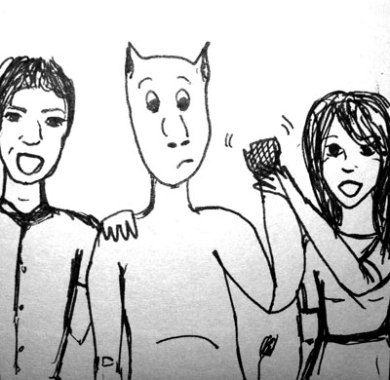Aristotle on Leisure
Aristotle said that “the first principle of all action is leisure,” and that leisure is an end in itself, providing pleasure, and happiness, enjoyment of life.1
The Crowded Camel appears unable to engage even in this most basic act of leisure: reclining in a hammock. The Camel cannot simply abandon the hammock to engage in some arbitrary occupation because when one is occupied, he has in mind some end goal which has not yet been attained.1 This would violate Aristotle’s principle of leisure being an end in itself rather than a means to an end.
This troubling scenario raises concerns about the Camel’s ability to ever truly relax and enjoy his life, rather than finding himself stuck in an endless series of debilitating circumstances that routinely rob him of true happiness.
Sources:
- “The Internet Classics Archive | Politics by Aristotle.” The Internet Classics Archive | Politics by Aristotle. Ed. Benjamin Jowett. MIT, n.d. Web. 24 Oct. 2012. <http://classics.mit.edu/Aristotle/politics.8.eight.html>.

